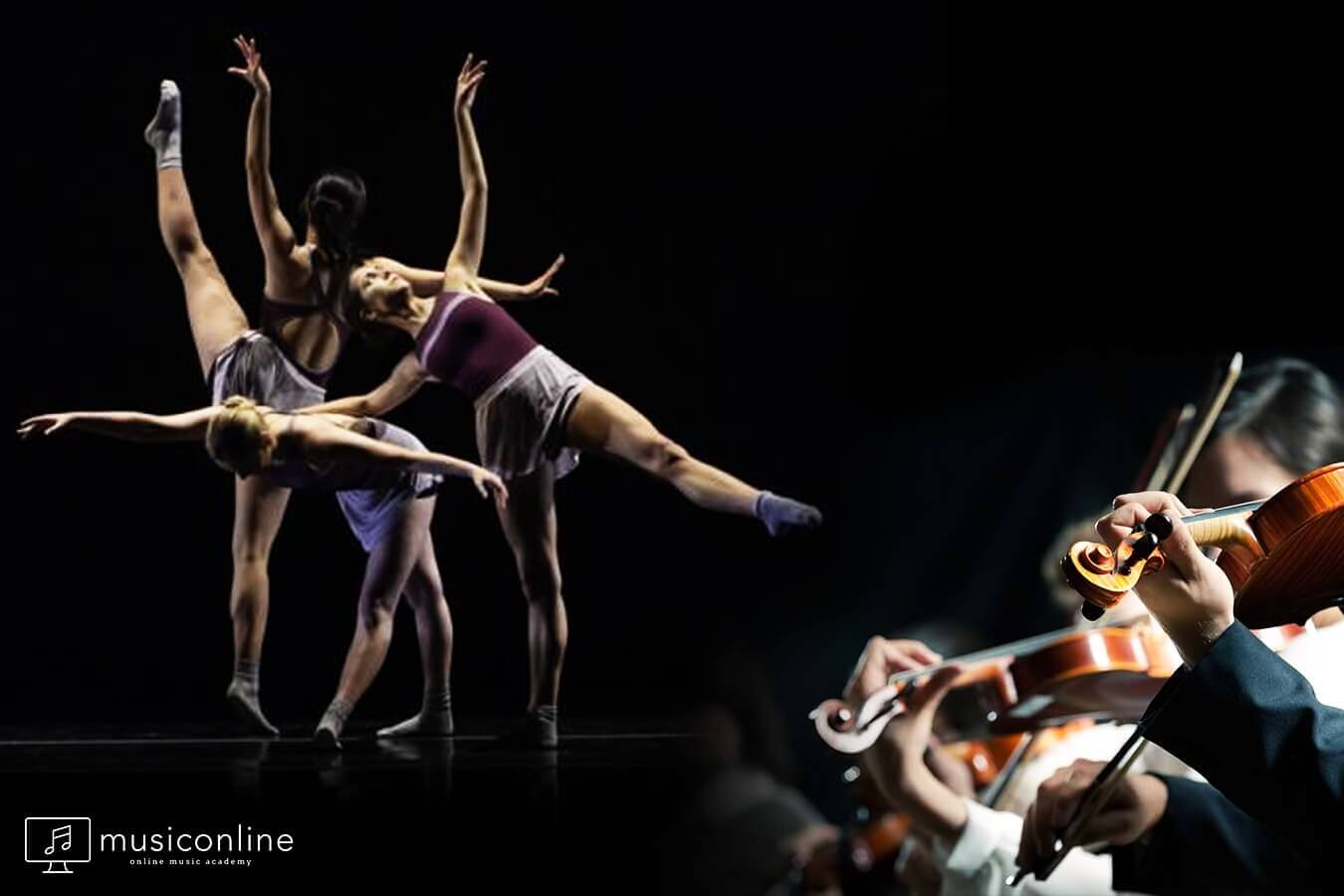musiconline blog
news about us & everything about music on our blog!
Rumi and Music
Leader of love, tolerance and equality; Mevlânâ… As musiconline, in this post, we will look at Jalāl ad-Dīn Muhammad Rūmī, an important value of Anatolia, and his relationship with music, whose ideas have resonated all over the world, integrated his faith with music, poetry and dance.
Rumi was born on 30 September 1207 in the city of Belh, Khorasan, located within the borders of present-day Afghanistan, according to known sources. Jalal ad-Din is the nickname of the famous thinker who came to Karaman - Turkey - with his family after a series of journeys for various reasons. Due to the great respect for him, the name Mevlana, which means ‘our Lord’, was said to glorify him, and he took the surname Rumi because he was mentioned with the name of the realm of Anatolia during his time. However, Mevlana gave his own name in the form of Muhammad bin Muhammad bin Hussein al-Belhi in his work Masnawi.
Rumi, the son of Bahaeddin Veled, one of the prominent names of the city of Belh and referred to by the title ‘Sultan of the scholars’, was seen as the sole heir of his father by his disciples and those around him after his father's death.
Mevlana, who has talked about kindness, tolerance and human love throughout his life, is one of the important figures of Turkish Sufism, but also a philosopher who has produced solutions on the common problems of humanity and is highly respected by people of almost every faith.
The concept of divine love is central to Mevlana's thought. To him, love is a quality of the creator. As can be seen in Mesnevi, Divan-i Kebir and many works, Mevlevi belief is shaped by the concept of divine love. Poetry, music and dance have been interpreted as a manifestation of expressing love; they are almost intertwined with the Sufi faith as a whole.
“…Whatever best they know, of work, or play, or jest,
They do and say, for show, before a welcome guest.
What use of sound of harp, of bass or treble notes,
For deaf or senseless ear, that on no music notes?” (Mesnevi)Mevlana adopted the source of music as the sounds made by the celestial bodies, and interpreted listening to the beautiful sound as ‘food of lovers’. Regarding this issue, the following statements are included in Divan-i Kebir:
“The beautiful voice that resurrects the soul, purifies it and leads it beyond, is more precious than any kind of worldly blessing and grace on the Mevlana front. It is like a beautiful woman who seduces a man and confuses his night and his day. The words of Serni (who hears everything), the owner of the address in time for Mevlana, who has a beautiful voice, provide an uninterrupted continuation of the effect that keeps people alive in the world and lights them up like candles.”
Mevlana stated that the harmony of music and sound depends on the quality of the singer, and in some cases this harmony produces extraordinary results. According to him, music and sound should be intertwined with instruments;
“Cheer me up with your heart tunes, make me hear the sounds of the strings.”
“Sing in beautiful voices, let me listen; your songs are the most beautiful, cleanest songs I have ever heard..” (Divan-i Kebir, VI, 92, c. 819.)
Mevlana, who talks about ney, baglama, drum, zurna, kemenche, tambura, komuz and rebab in his works, interpreted these instruments over the feeling they created and made descriptions on love;
“Let yourself feed your soul every day with two-stringed three-stringed instruments.’’ (Divan-i Kebir, VI, 244, c. 2429)
“Enough, play the drum less ... because in this vineyard, in this rose garden, there are twenty other Tagars beside your drum.’’ (Divan-i Kebir, VII, 528, c. 6937)
“In the house of lovers, the music never stops, the walls are made of songs & the floor dances.”
Sufi Music
Sufi music, also known as Sufism music or religious music; is the vocalization of religious feelings, the basis of which is Mevlevi music.
Ney, which is seen as an icon in Sufi music and Mevleviyeh, performed with breath, touch and rhythm, means 'reed' in Persian. People who play ney are called 'Neyzen' and this belief is interpreted as a whole.
“Tell your secret. It's burnt ney, it's burnt ney, it's burnt ney. Ney, what is it? What that beautiful soul kisses, kisses, kisses.”
“Who has seen a poison like ney, an antidote like ney, a friend like ney, a love like ney?”
Another icon instrument is a percussion instrument; bendir. Known as tambourine in Mevlevi Sufi Music, bendir has gained widespread use after 1980 in Turkey.
Follow the musiconline blog and our social media accounts for the continuation of our article, which will examine examples from the Mesnevi, the relationship between Rumi and Shams-e Tabrizi, the development of Sufi music and its effects on the present day.


